Happy holidays, Comic Watch Nation! In honor of a time of year when many of us are reflecting on whether we were naughty or nice, we thought it would be fun to look back on the year that was in comics and do just that. What worked, and what didn’t? What did resonated with fans, and what landed with an off-key thud? We thought it would be fun to go back and look – and maybe look ahead just a smidgen as to what 2023 might hold. And so, without further ado…
NICE: THE X-BOOKS STILL SHONE BRIGHTLY POST-HICKMAN

Fans were justifiably worried when current Krakoa-era architect Jonathan Hickman bowed out of the X-hivemind with Inferno #4, which shipped the first Wednesday of the year. Without his driving force, would the creativity unleashed in the HOX/POX era fade away? Would the line meander into aimlessness?
Nah.
Spearheaded by Al Ewing’s X-Men Red and Kieron Gillen’s Immortal X-Men, the line flourished, taking even bigger risks while continuing to cohere as one big, beefy multibook narrative that encompassed the whole of the mutant nation without making it feel like you had to read every book to understand what was going on. Terraforming Mars was just the beginning, but the cracks are beginning to show, and look like they’re going to explode into a full-on earthquake with this summer’s Fall of X. Needless to say, though, even without Jonathan Hickman around, Marvel’s line of X-Men comics has never felt more uniform and high-quality across the board. It’s an incredible time to be a fan.
NAUGHTY: MARVEL’S COMMITMENT TO DIVERSITY FELL OFF A CLIFF THIS YEAR
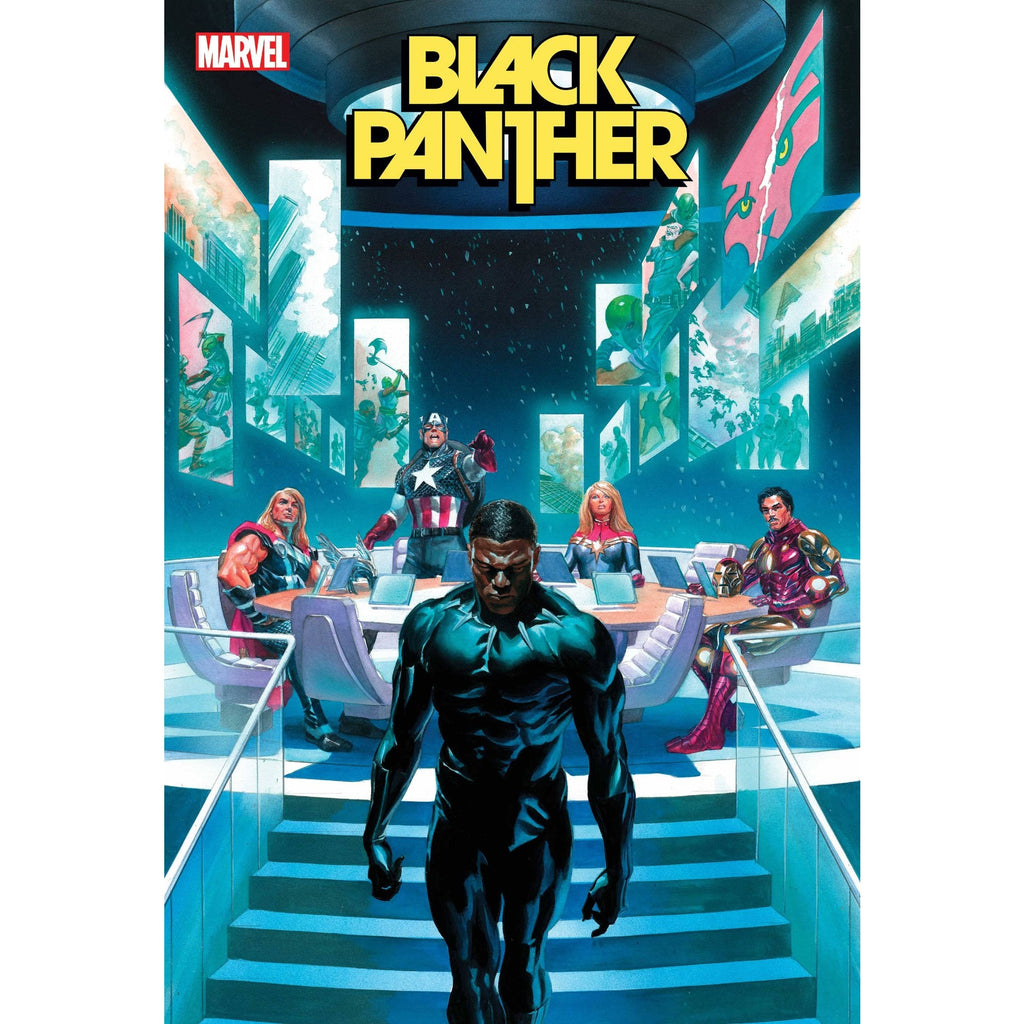
2022 was not a strong year for Marvel in terms of commitment to representation. Sure, they went through the motions of releasing their semi-regular Voices one-shots – and yes, those are important, especially since they feature creators writing about the given minorities in question – but with their monthly books, they really missed the mark.
With virtually no support or promotion for John Ridley’s Black Panther or Gene Luen Yang’s Shang-Chi, both those books are casually coasting below everyone’s radar. Marvel Unlimited’s Hulkling and Wiccan and the introduction of the LGBTQ Spider-Man variant Web-Weaver read like someone is checking off boxes for queer stereotypes. And far be it from them to release a JEWISH Voices one-shot given the fact that, y’know, the company was built by Jewish creators. There were plenty of gestures made, but few that felt truly salient in 2022. At the very least, trans mutant Escapade is currently being spotlighted in New Mutants, and hopefully retains a strong presence. Next year, though, Marvel needs to do better.
NICE: TOM TAYLOR CAN DO NO WRONG
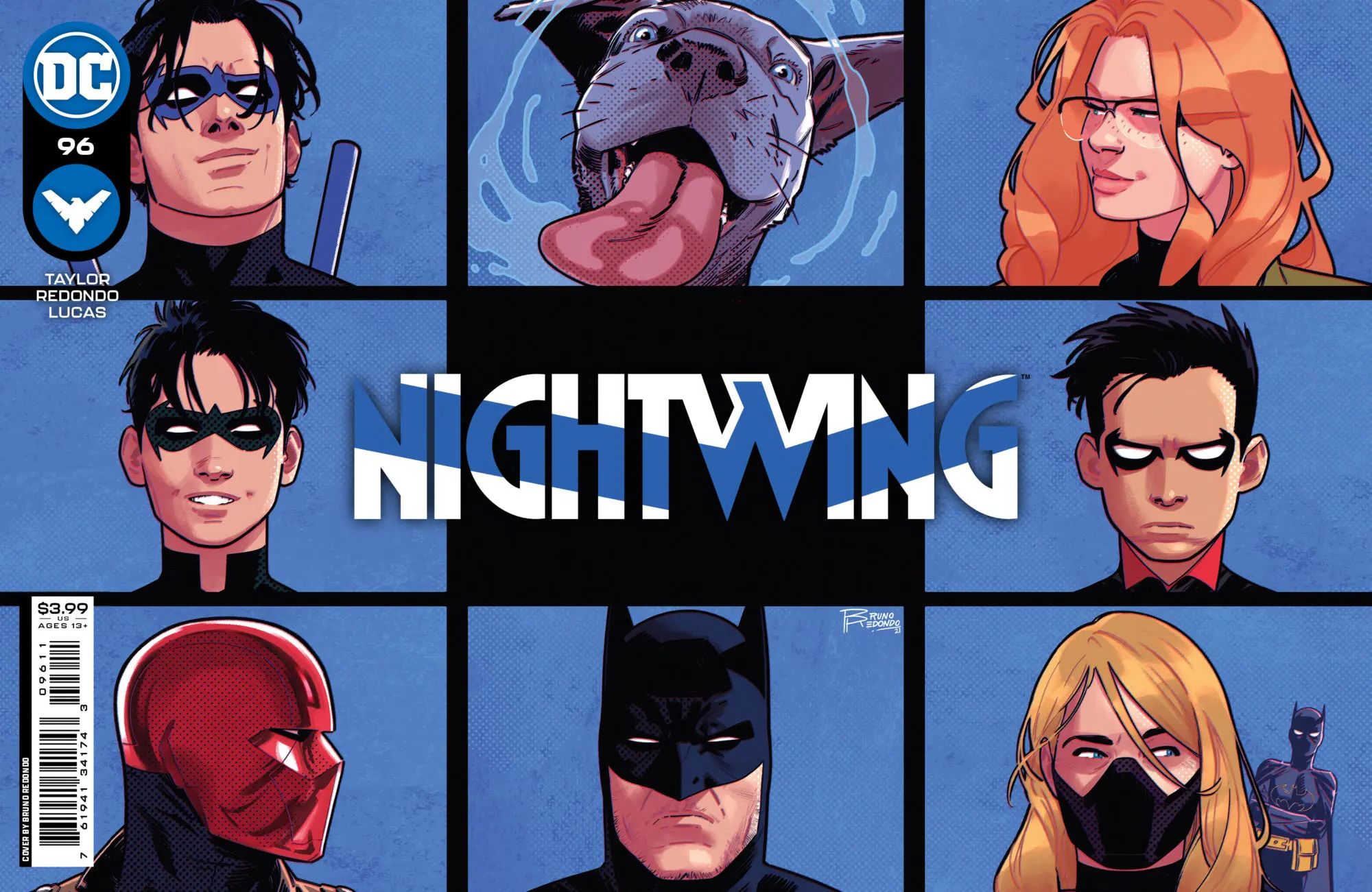
You’d be hard-pressed to find a writer with a more consistent win streak in 2022 than Tom Taylor. Nightwing, DCeased: War of the Undead Gods, Dark Knights of Steel, Batman: The Detective, Superman: Son of Kal-El… we could go on, but you get the point. Tom Taylor’s output has been second-to-none this past year, which basically saw him become DC’s go-to guy for heartfelt, character-first comics that actively remind you why you loved the given character in the first place. We were a bit worried that signing an exclusive to DC might box him in creatively a little bit; we needn’t have worried. Taylor is too strong a writer for that to have happened.
NAUGHTY: DC’S FORMER GOLDEN BOY IS IN A CREATIVE SLUMP

Meanwhile, former DC go-to guy Geoff Johns is unfortunately in quite a career slump. Stinging from accusations that he shielded an abusive director on the set of Justice League, Johns’ star has definitely fallen in the years since. His big return to regular comics in 2018, Doomsday Clock, should have been his return to form, but scheduling delays that stretched its release out from one year to two negated its impact (and fans’ attention spans) as DC moved on without him. Similarly, Batman: Three Jokers came in like a hurricane and went out with a shrug, despite years of hype. His Shazam met a similar fate. It seemed the old magic was gone, and so for 2022, Johns once again went back to his greatest his well and returned to both Stargirl and the Justice Society.
The net result – which, admittedly, is early in the respective running – is… fine, we guess. Both books hit on familiar storytelling beats that Johns has hit time and again; Stargirl: The Lost Children could have been written twenty years ago and few would have been the wiser. And while it’s nice to see DC trying to rebuilt its commitment to its history and generational superheroism once again, it’s becoming increasingly clear that Geoff Johns might not be the guy to handle the job anymore. (See also: his foray into creator-owned comics at Image, Geiger, is essentially a composite of storytelling tropes he’s used time and again.)
NICE: A.X.E. PROVES EVENT COMICS CAN BE SMART AND ENTERTAINING

What initially looked like yet another standard hero-versus-hero stereotypical Marvel event comic quickly proved to be something else entirely thanks to nuanced, detailed, and thought-provoking writing from writer Kieron Gillen. Having lead into this miniseries with his criminally underappreciated Eternals run (which likely got overlooked due to being nominally viewed as an advertisement for the eponymous MCU film), A.X.E.: Judgment Day reset its own goal posts as to what it was about every other issue, cleverly subverting fan expectations and creating a big-budget blockbuster of a comic that, at its heart, asks “What would you do if you only had one more day to live?” Far more character-driven than your average event comic, A.X.E. brought the heroes of the Marvel Universe together in a way that is unfortunately all too rare anymore, making them purveyors of hope and not just action figures trading blows.
NAUGHTY: WHAT THE HELL WAS THE POINT OF DARK CRISIS, ANYWAY?

Right from the start, with the much-telegraphed and extraordinarily unconvincing “death” of the Justice League in issue seventy-five of that title, something just felt off about Dark Crisis. And then it started and for a little while, it was actually pretty entertaining. But there’s a strong argument to be made that the second on Infinite Earths was added to the title with issue four, the gig was up: deliberately tying it to the original Crisis and hyping it as “the direct sequel” to it (when in fact they’ve already done that with Infinite Crisis) set up an expectation that it couldn’t possibly live up to. The end result: the heroes of the DCU, lead by Nightwing, versus a “darkened” army of villains with Deathstroke (who has a ridiculous-looking Mohawk for absolutely no reason) as their general. The final battle reads like a bunch of variant action figures whomping on each other, and promises of a “restored” multiverse went unmet as the “new” multiverse is pretty much exactly the same as the old one.
Any story should, at a bare minimum, justify its own existence. Stakes should be felt, characters should have arcs, readers should care. The net end result should make readers feel like they’ve invested their time and money into something that mattered. Dark Crisis failed to meet even that minimum threshold.
NICE: IMAGE CELEBRATED ITS 30TH ANNIVERSARY IN STYLE
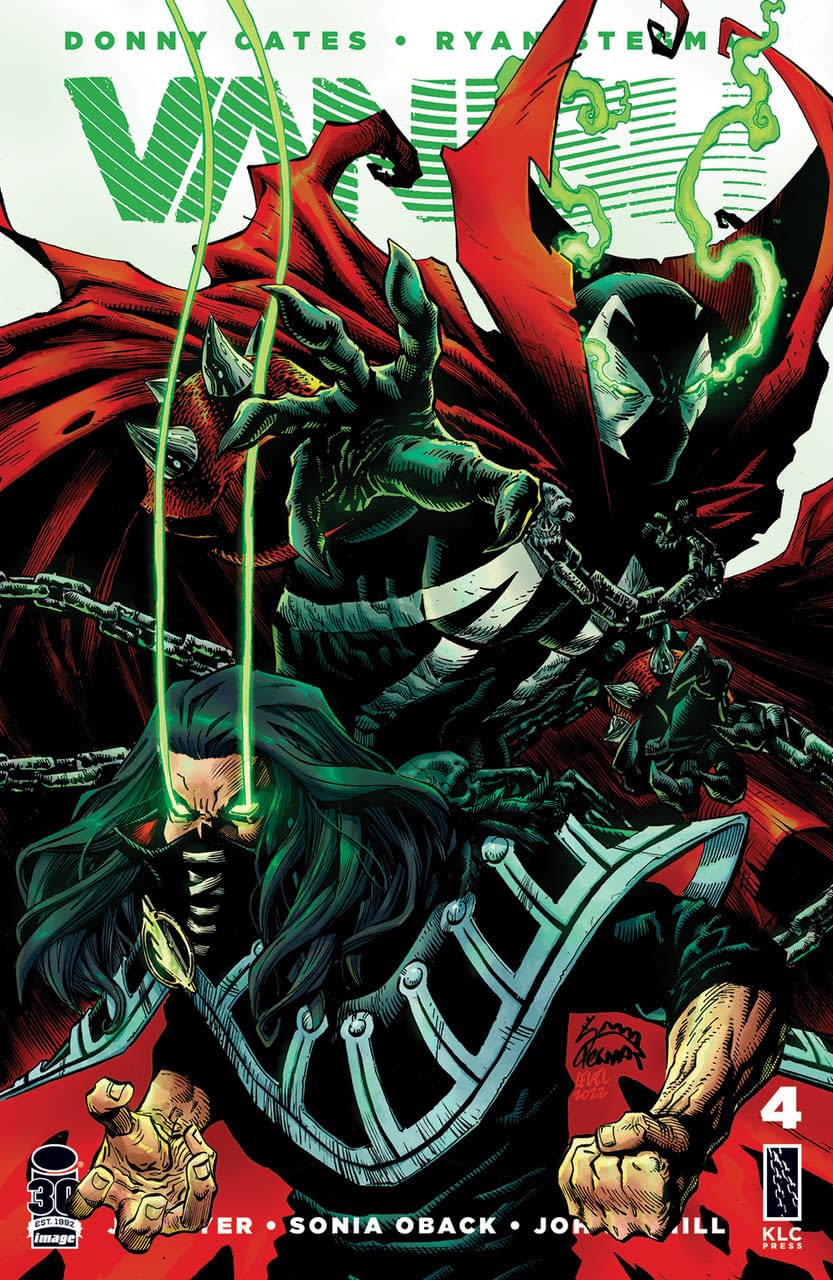
Image went all-out for its thirtieth anniversary, celebrating all year with the Image! anthology and more Spawn variant covers than you can shake a Violator at. But more importantly, they continued to release comic after comic that everyone was talking about: Donny Cates and Ryan Stegman’s Vanish; Alex Paknadel and Caspar Wjinngard’s All Against All; Ryan Parrott and artist Abel’s Rogue Sun; Matthew Rosenberg and Tyler Boss’s What’s the Furthest Place From Here?; and so many more. Image made a name for itself three decades ago by being the premiere independent publisher for creator-owned comics, and it proudly continues that tradition without missing a beat today. Title for title, Image continues to challenge expectations and convention with every new release, and show no signs of slowing down.
NAUGHTY: THERE USED TO BE THIS PUBLISHER CALLED DARK HORSE…
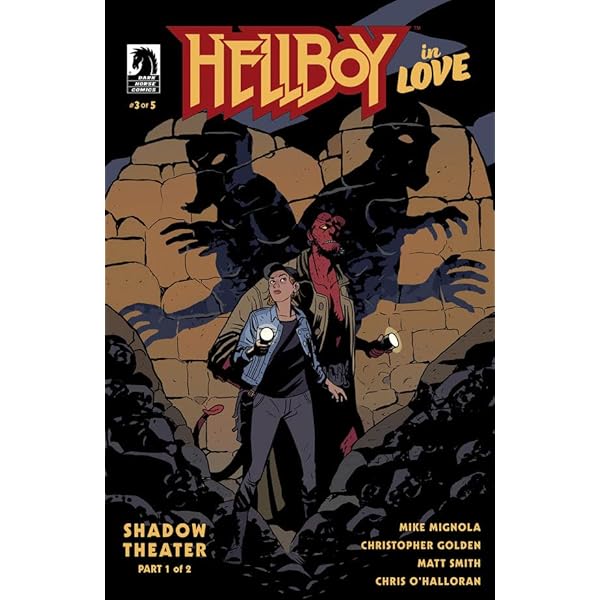
We hate to sound snarky, but Dark Horse has in recent years done a terrible job of marketing and promoting its releases, and that trend didn’t stop in 2022. They had some great comics, like Patton Oswalt’s Minor Threats, but if you’d blinked you would have missed them. It feels like as the company is staking more and more claims on the book side of its house, it’s neglecting to trumpet its comic releases, which is a shame, because they’ve had some outstanding comics come out – that you’ve never heard of. At this point, Dark Horse is largely thought of as the publisher of various Hellboy comics and little more, and that public perception is due to its own lack of engagement with fandom.
NICE: BOOM! RULES!
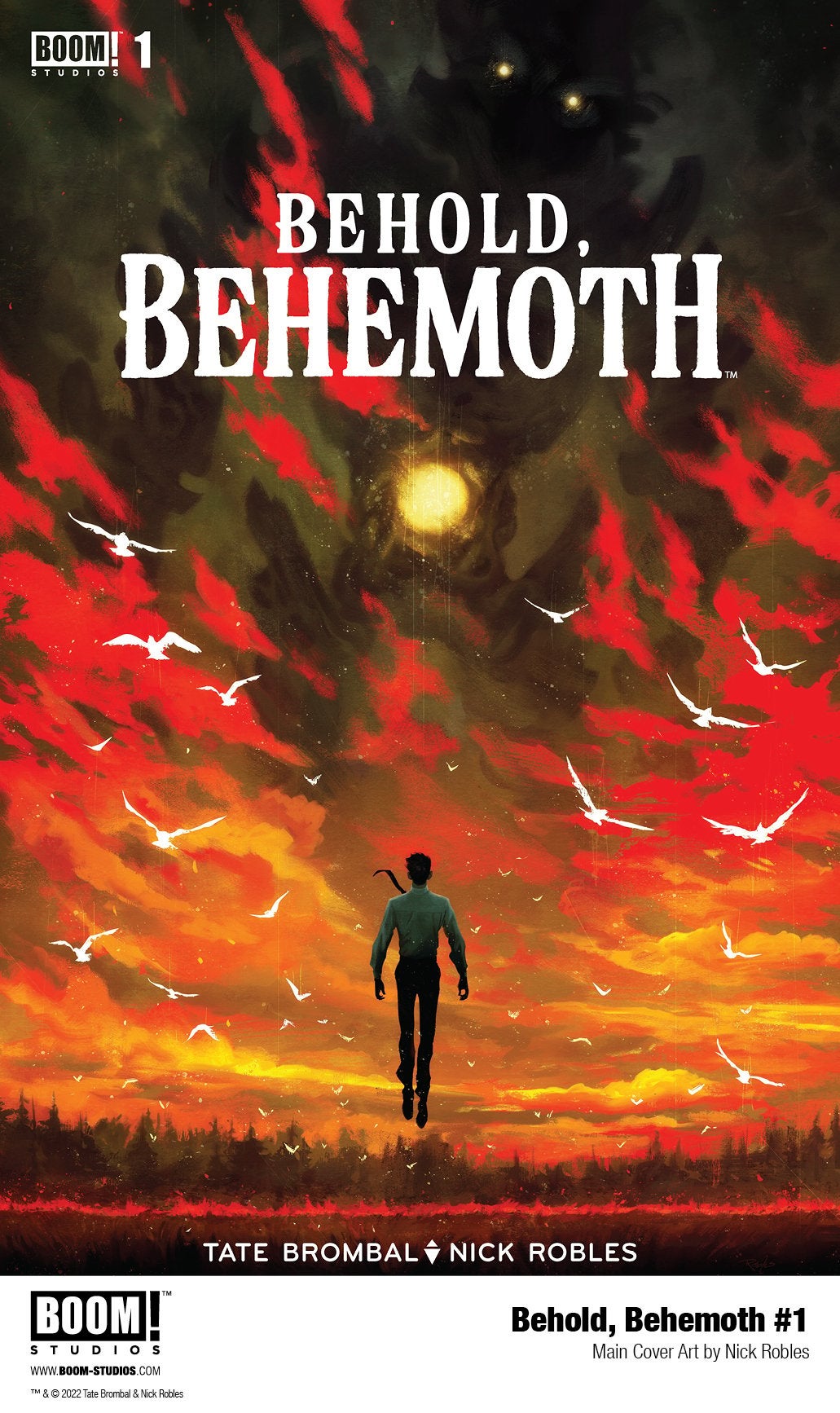
Boom! Studios continued to prove it’s a creative powerhouse by focusing on both creators and creations in equal measure. Their Mighty Morphin Power Rangers comics have proven to be modern classics even with non-fans of the show; Once and Future came to a triumphant conclusion; Something is Killing the Children and its spinoff, House of Slaughter, are, well, killing it; new entires like Behold, Behemoth are instant Eisner-bait and Damn Them All is the street-savvy post-Hellblazer read we didn’t know we needed. But it’s not just that: Boom! is smart enough to nurture all-ages books, too, with their engaging Boombox line. At this point, there’s very little evidence to say that Boom! couldn’t blow up to be as big as Image someday with a continued, careful nurturing of its line and focus on quality over quantity.
NAUGHTY: PAY YOUR FUCKING CREATORS
We’ll just leave the above image here, and say that filing for bankruptcy to avoid paying your creators what they’re owed is pretty fucking shitty.
Okay, maybe that’s not quite the case. Let’s play devil’s advocate: maybe financial mismanagement did contribute to AfterShock filing for bankruptcy this year, but with it coming so soon on the heels of multiple creators claiming they were owed money by the publisher, it looks really bad. Hopefully everything gets sorted out, everyone gets paid what they’re owed, and AfterShock can bounce back – because truthfully, they’ve been one of the most exciting publishers of the past decade, and we’d hate to see them evaporate and/or prove to have been a shady company the whole time. But if in fact they’re built on a house of shady business practices, then unfortunately, they might need to evaporate for the good of the industry, because no matter how quality the product, if the foundation it’s built on is a house of cards that mistreats creatives, then it has no business continuing to profit.
NICE: DENIZ CAMP IS THE BREAKOUT WRITER OF THE YEAR
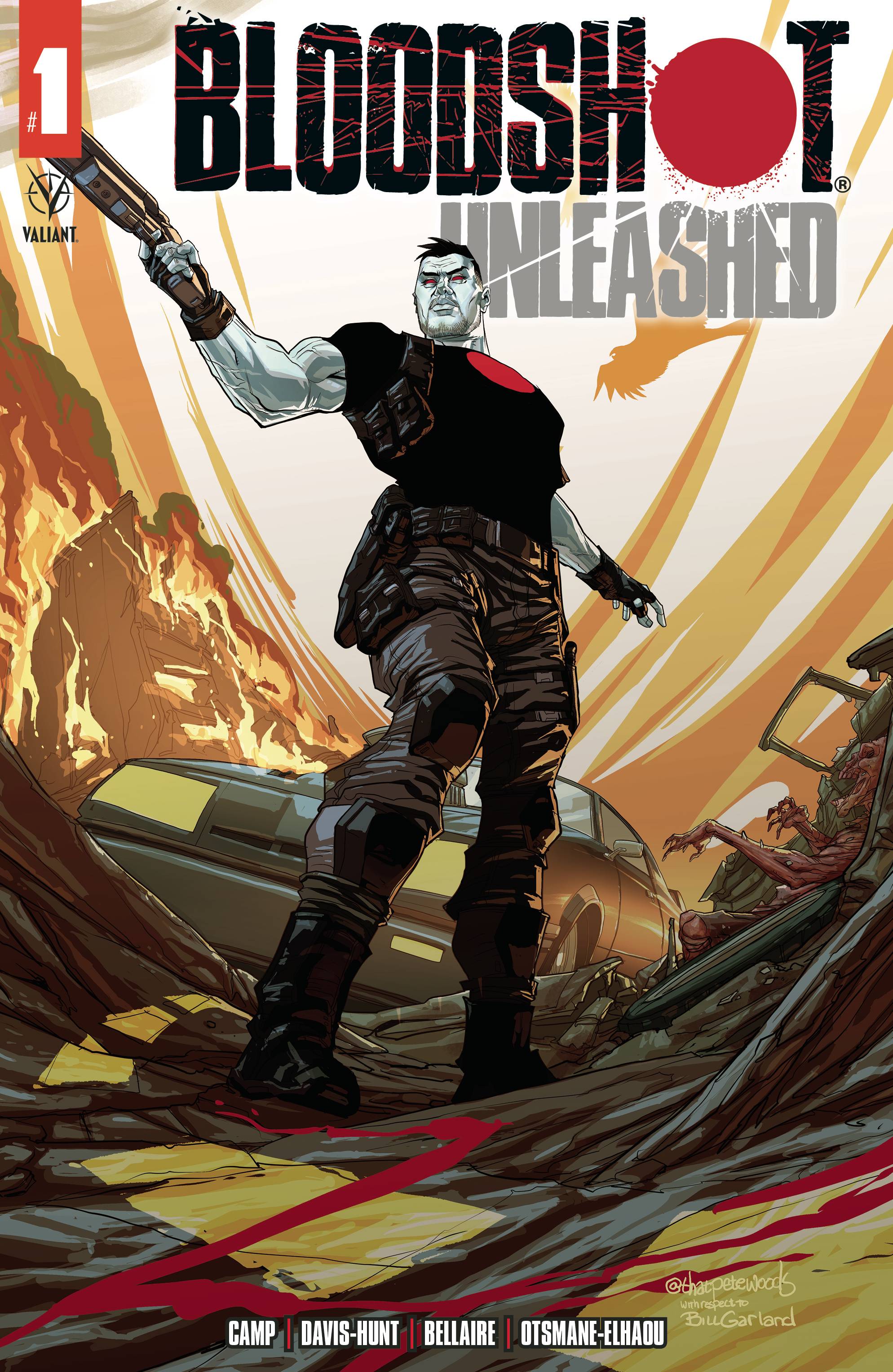
Deniz Camp seemingly came out of nowhere to write some of the most detailed, intricate, character-driven, wholly original comics out there. Along with artist Jon Davis-Hunt, he breathed new, PTSD-driven life into Valiant’s resident unkillable soldier in Bloodshot Unleashed. He reimagined the entire Cold War soup-to-nuts in Image’s alt-historical drama 20th Century Men. And over at Scout, he proved he could out-Morrison Morrison with the absolutely bonkers Agent of W.O.R.L.D.E. On the surface, none of these comics have much in common, but they’re all exceptionally well-crafted, which shows off Camp’s range. Scratch the surface, though, and you’ll find that each comic is intricately plotted in a way that world-builds in incredibly fascinating ways but never forget to keep the lead characters front and center. What’s next for Camp? We’re betting that in no less than three years, he’s an A-lister writing an X-Men title. Keep your eyes peeled.
NAUGHTY: THE OLD GUARD WAS M.I.A.

If you’re a fan of writers like Greg Rucka, Matt Fraction, Garth Ennis, Kelly Sue DeConnick, Erik Larsen, or Grant Morrison, 2022 was a pretty lean year for you. Yeah, each of these writers had comics released this year, but they were underwhelming or minimally existent. DeConnick, for example, had two absolutely stunning issues of Wonder Woman Historia come out, but is she ever going to finish Bitch Planet or write a monthly book again? We got a whopping one issue of Greg Rucka’s Lazarus: Risen this year, a series which everyone should be talking about yet no one is anymore due to its non-existent shipping schedule. Similarly, Erik Larsen only released two issues of Savage Dragon this year (though we’ll cut him some slack since he does everything his own damn self and was very busy with a Dragon omnibus). Garth Ennis wrote yet another painstakingly-researched snoozefest of a war comic with The Lion and the Eagle and an on-autopilot Peacemaker one-shot that DC used to cash in on the the show of the same name; otherwise Ennis sat back and counted his royalties off of The Boys on Prime. Fraction’s output amounted to a couple of blink-and-you’ll-miss-it pop-ups but was otherwise outshone in every regard by his former Sex Criminals co-conspirator Chip Zdarsky. And Morrison? They were… well, nowhere, actually, as the last comic written by them was last year’s Superman and the Authority (which in fact had been written several years prior to its release). In other words, contrasting the flagging output from some of comics’ standby heavy hitter writers with the rise of the likes of Deniz Camp, Meghan Fitzmartin, Stephanie Phillips, or countless more, 2022 may well be reflected upon in years to come as a major generational shift in comics creators.
NICE: THE SNYDERVERSE IS FINALLY, FINALLY DEAD
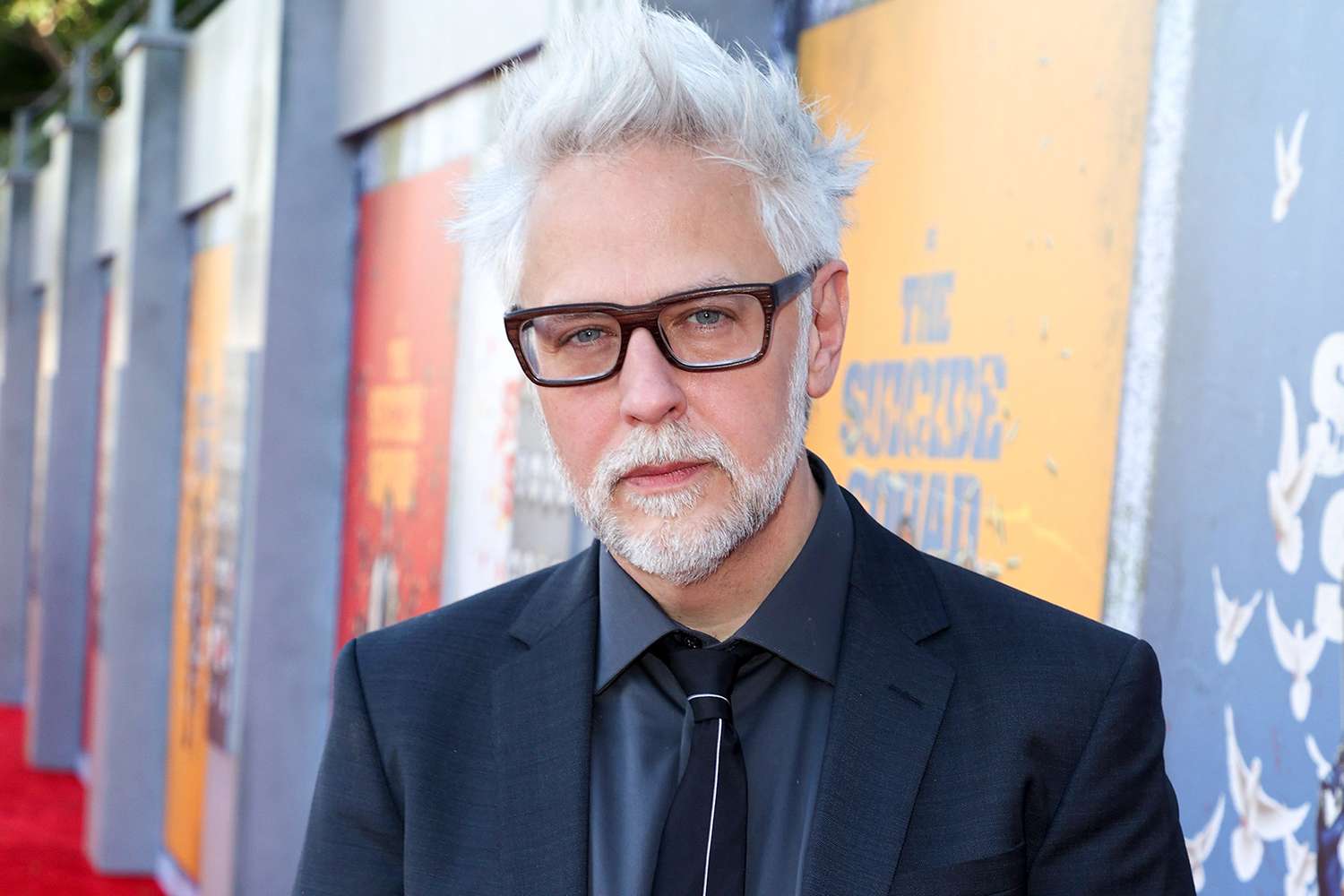
We’re breaking our own rules of this list a bit by taking a foray into film from comics, but seriously, the end of the Snyderverse resulted in a huge sigh of relief from many a DC (and comics in general) fan. Snyder’s dystopian, grim, out-of-character fundamental misunderstanding of the DC Universe and its residents – not to mention its legion of toxic Snyder Bro incel fanboys – have been long overdue for the Graveyard of Failed Movie Universes Past. WB-Discovery’s hiring of James Gunn to overhaul and oversee a new vision of the DC Universe on film was the first good news DC fans have gotten regarding their favorite characters in a long, long time. It looks like The Flash will be the last dying gasp of the Snyderverse’s fatally flawed existence (assuming WB doesn’t do the right thing and shelve the movie; allegedly the studio has spent so much money on it that they don’t want to); as long as Margo Robbie’s Harley Quinn and John Cena’s Peacemaker remain intact, it’s safe to say that everything else can go.
NAUGHTY: FOR THE FIRST TIME, THE MCU IS LOOKING VULNERABLE
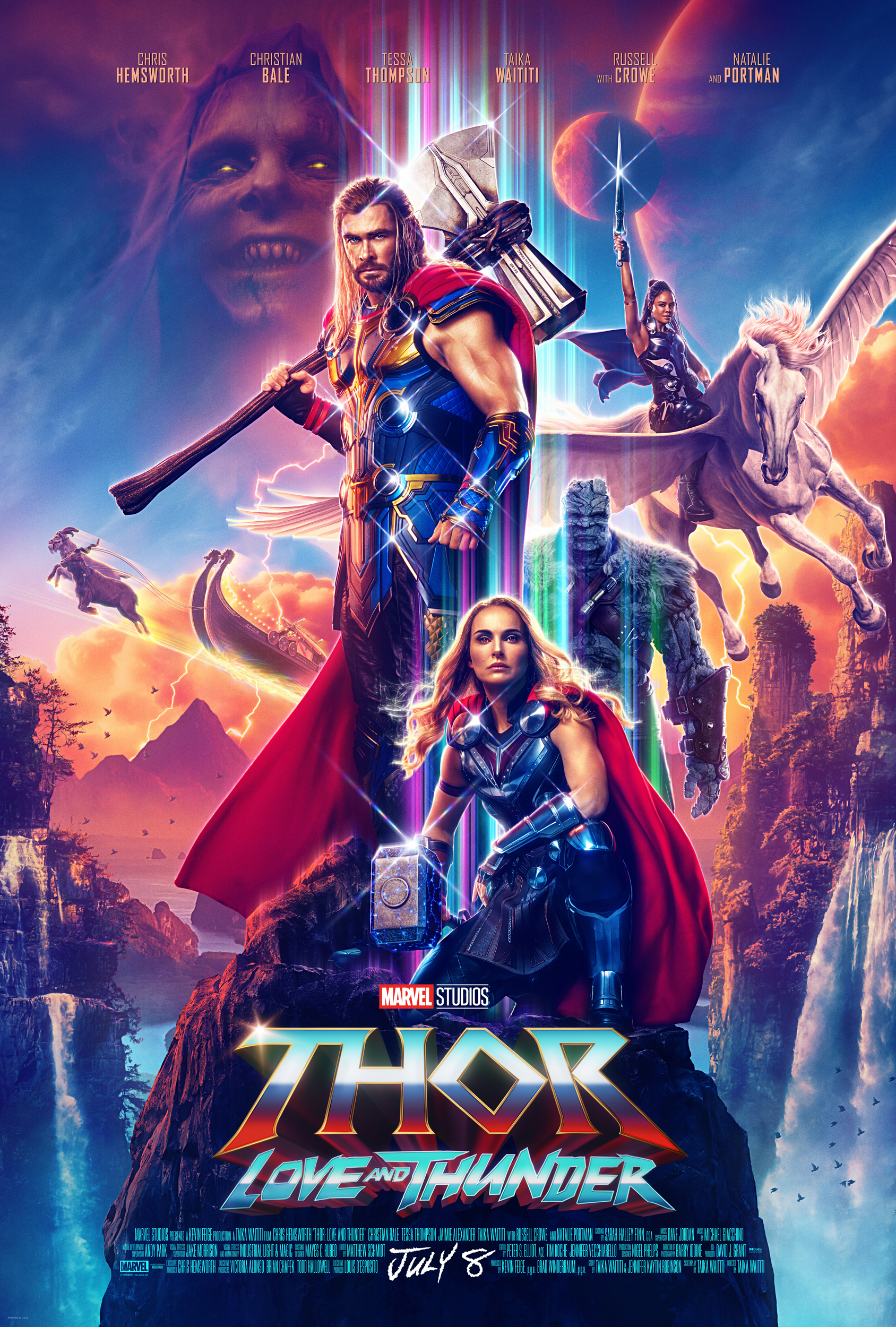
We couldn’t touch on DC’s film yin without also looking at Marvel’s yang, and now that Phase 4 has officially wrapped with the release of the Guardians of the Galaxy Holiday Special, it’s safe to say that for the first time, the venerable MCU is looking a tad long in the tooth and even vulnerable to being supplanted (by, say, a revitalized DCEU). Phase 4 was all over the place tonally and stylistically; it also expanded into the small screen and had some pretty inventive and cool experiments. But one thing it didn’t do: narratively cohere. This year’s Black Panther: Wakanda Forever, Thor: Love and Thunder, She-Hulk: Attorney at Law, Ms. Marvel, Moon Knight, and Doctor Strange and the Multiverse of Madness couldn’t have been more different from one anther, which is fundamentally a good thing – unless you’ve conditioned your fans to expect a sense that each new movie will move the universe’s overarching story forward and then don’t do that.
There have been a whole lot of thinkpieces written this year about how the MCU is dead or dying, or that it’s run out of steam, or that Kevin Feige is out of ideas. All of that is nonsense. It’s clear that Marvel isn’t trying to repeat itself structurally, which – again – is a very good thing. The question on everyone’s mind is this: When will all the various puzzle pieces start to come together? Chances are good we’ll start to see the bigger picture with next year’s Ant-Man and the Was: Quantumania, but until then, fans will have to settle for a slew of good-to-great movies and shows that are good individually but actually don’t form a larger narrative for once.
NICE: FEMALE CREATORS FOR THE WIN

Female creators absolutely tattooed the industry in 2022. Peach Momoko became a cottage industry unto herself at Marvel between her many variant covers and her ongoing Demon Days saga. Sweeney Boo, Eleonora Carlini, Emma Rios, Emma Kubert, Tula Lotay, Jen Bartel, G. Willow Wilson, Marjorie Liu, Becky Cloonan, Jo Chen, Leah Williams, and so, SO many more made huge splashes this year. As comics continues to prove that it is (and has been for a very long time) not just a boys’ club, the raising of women’s (and trans women’s!) voices becomes more and more crucial all the time. 2022 has been a breakthrough year for women in comics, as more and more female voices aren’t just being heard, but being raised to places of prominence behind the scenes, too.
NAUGHTY: PLEASE STOP KILLING OUR ICONS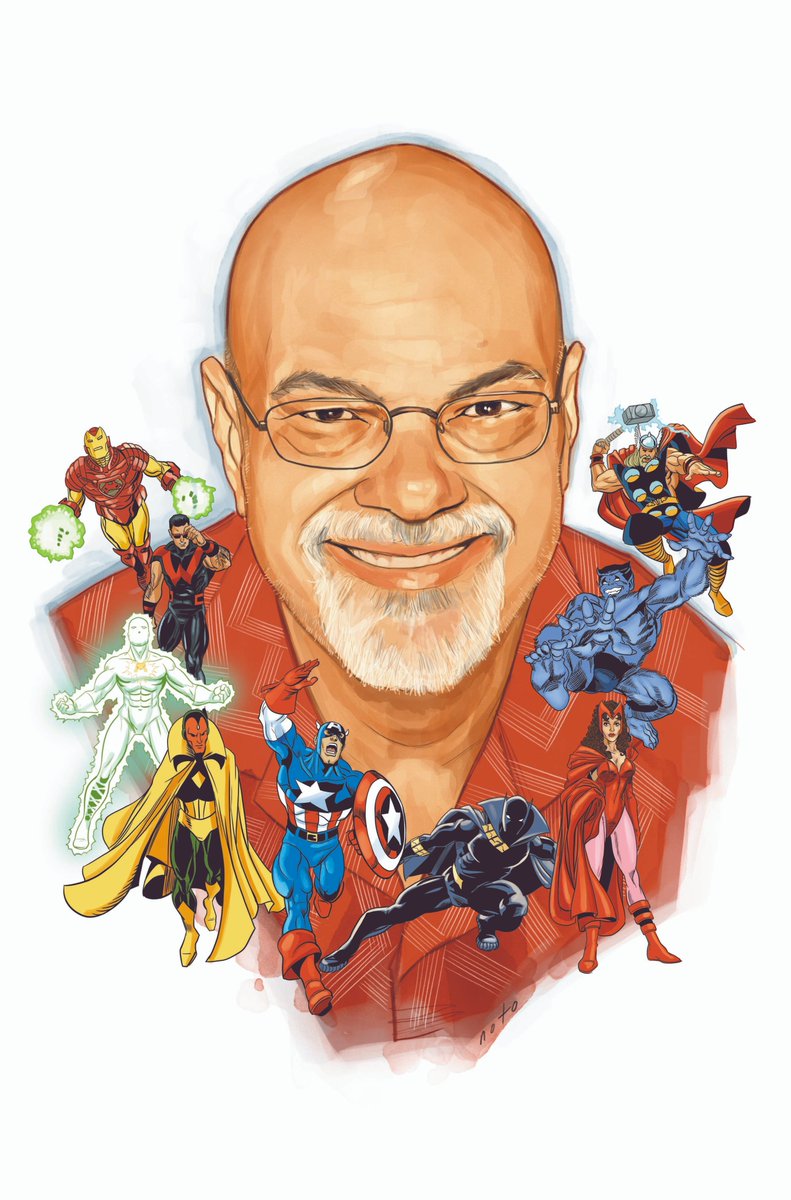
There’s no way around it: 2022 was an absolutely brutal year when it came to the demises of comic book creators. Neal Adams and George Perez passed within less than two weeks of each other. Carlos Pacheco lost his battle with Lou Gehrig’s disease. Kevin Conroy, the voice of Batman, died suddenly, as did iconic artists Tim Sale and Kevin O’Neill. Legendary inker Tom Palmer passed away aged eighty-one; penciller Kim Jung Gi at only forty-seven. Jose Ruy. Alan Grant. Dijjo Lima. Garry Leach. Tom Veitch. Brian Augustyn. So many legends, so many contributors to the medium we love. 2022 was one of the the most staggering years in a very long while when it came to taking our artistic heroes away from us. These creators didn’t just get to do what they loved for a living – they got to share that love with us, the fans, too. And in doing so, they gave us a gift we could never repay. We salute them all and raise a glass in their honor; and we say thanks for all the memories.
***
That’s all, folks! Happy holidays to you all – we hope you were nice enough that you got what you wanted, and if you were naughty, we hope it was worth it!





